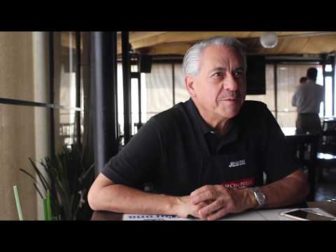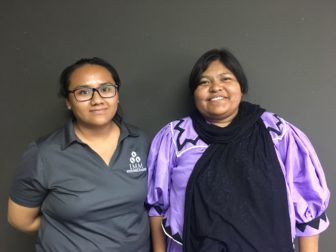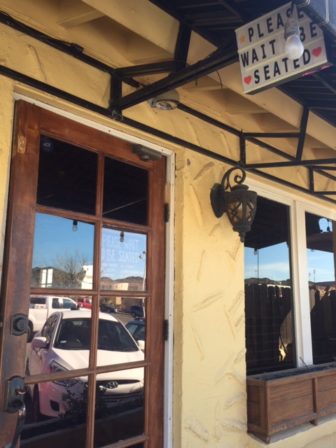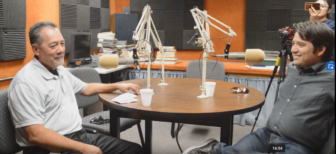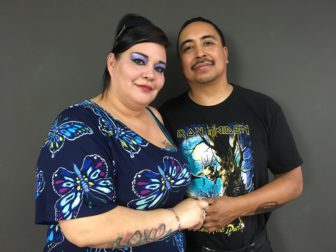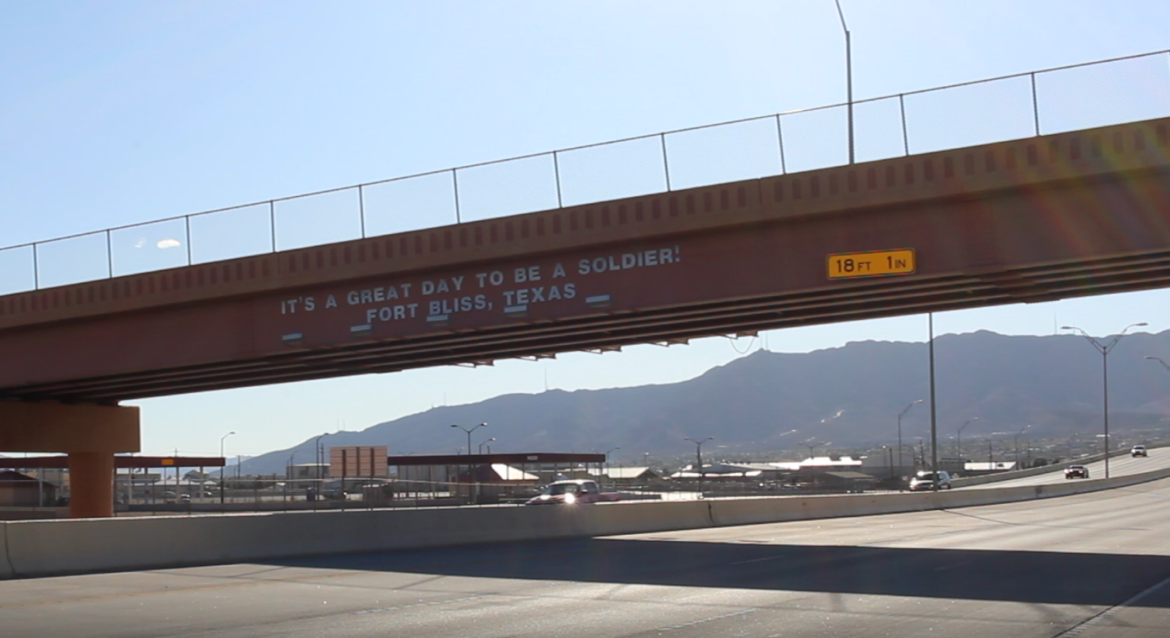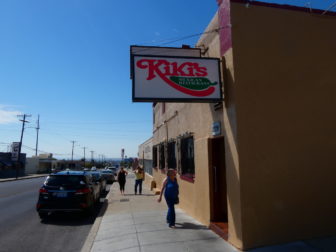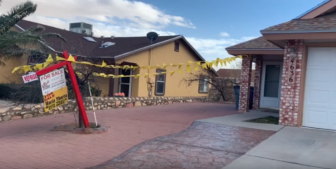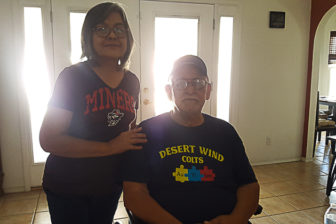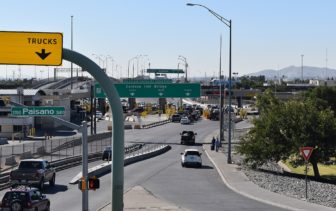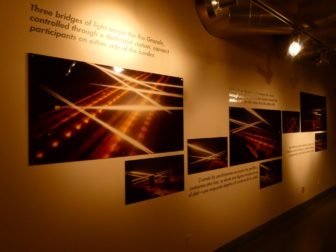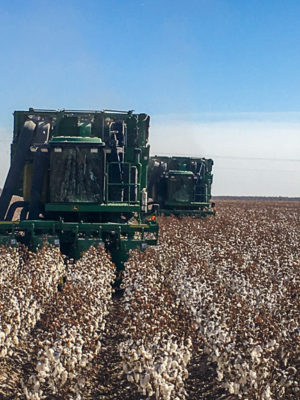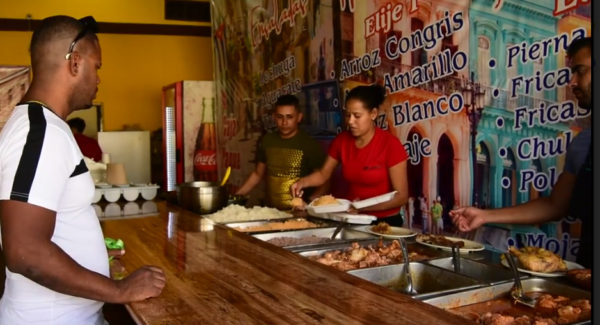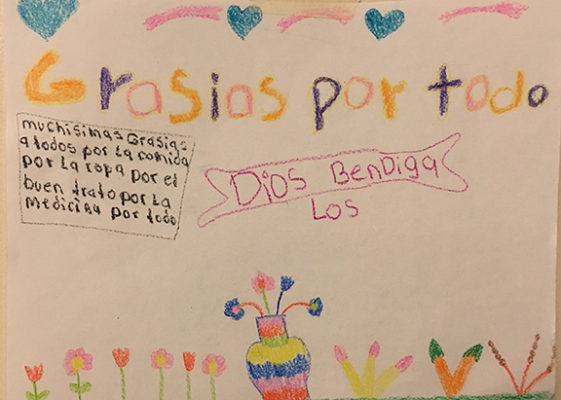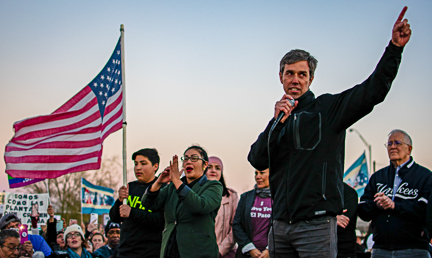Family, food and shopping biggest reasons for El Pasoans to visit Juarez
|
Ciudad Juarez is known as a sprawling border city with a strong economy thanks to the proliferation of of over 300 hundred maquiladoras, factories that assemble parts for a variety of items from car radios to windmill blades. Less well known is that the desert city of 2 million residents draws many El Paso residents to visit each day to patronize a variety of Juarez businesses from restaurants to clothing boutiques. These preferences are most visibly shown in the medical and retail sectors, but according to the Border Perception Index, a survey conducted as part of an initiative called Building Broader Communities in the Americas, the second main reason El Pasoans cross to Cd. Juarez is to shop for 21.5 percent of those polled. The primary reason for El Pasoans to go to Juarez, according to the survey, is to visit family or friends, as indicated by 44 percent of those surveyed.
